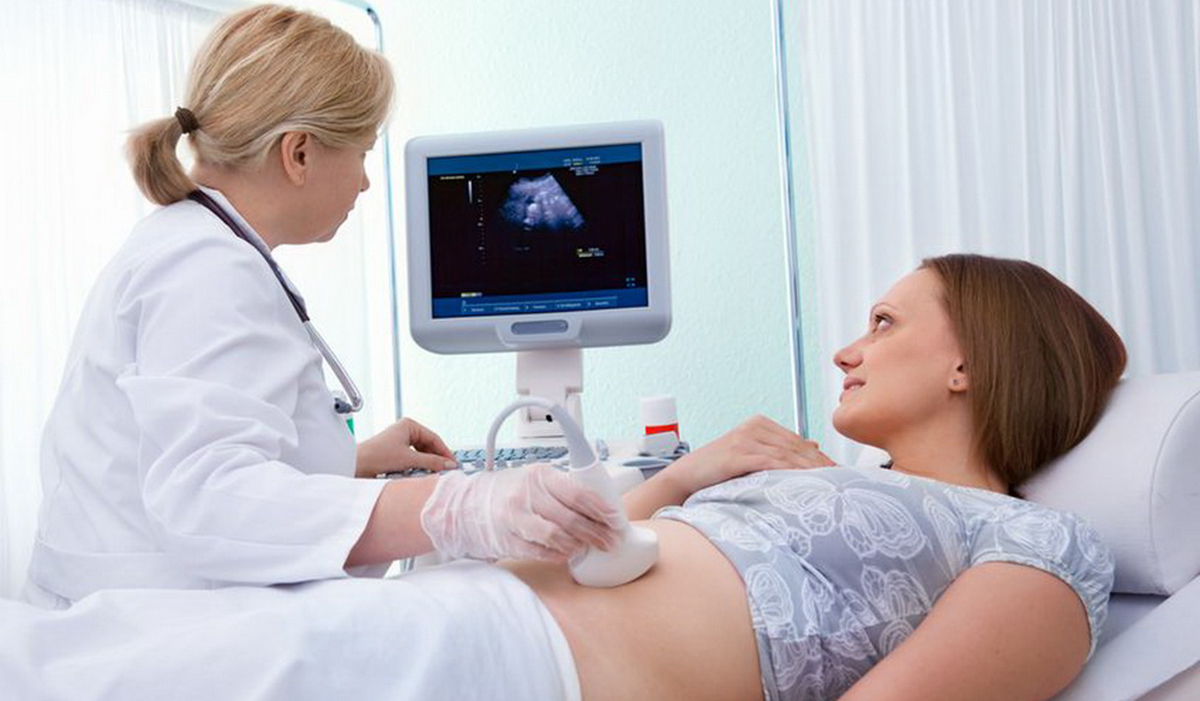Table of Contents
The sudden onset and rapid progress of preeclampsia is a poster child for the great importance of prenatal care all by itself. In women who have already had preeclampsia before, however, the need for careful monitoring is especially large. Indeed, if you've had preeclampsia already, you are an at increased risk of developing it again.
Just how high is that risk?

The general consensus is that your risk of getting preeclampsia again is around 20 percent, though it may be as low as five percent or as high as 80 percent. Your risk depends on a lot of factors, such as whether you suffered preeclampsia in a first or subsequent pregnancy, when in your pregnancy you developed it, and how severe it was. Research has still, unfortunately, not led to a concrete risk prediction model.
What we do know is that your odds of developing preeclampsia again rise if:
- You have developed chronic hypertension since having preeclampsia.
- You have developed diabetes since having preeclampsia.
- You got pregnant with the help of IVF.
- You are carrying twins or higher multiples.
Other risk factors that apply to women regardless of whether they have had preeclampsia before include, in addition to the "first pregnancy" that does not apply to you if you have already had it:
- Kidney disease.
- Having an autoimmune disease.
- Being obese.
- Being a teenager or older than 40.
- Being a non-Hispanic Black woman.
Can You Actively Reduce Your Risk Of Preeclampsia?
Your doctor may advise you to take a daily low dose of Aspirin if you have had preeclampsia before and are at a high risk of developing it again. In addition, research shows that food bars with antioxidants and L-arginine, an amino acid, might reduce your risk — so ask your healthcare provider about those.
READ Are you at risk of developing preeclampsia?
Carefully monitoring for signs that could point to preeclampsia can help identify it early. Of course, if you have had it before and are at a significant risk of developing it again, your medical team will keep a close eye on your blood, your urine, your blood pressure, and the growth of your baby. You can, in addition, purchase a blood pressure monitor for home use, weigh yourself regularly, and keep a diary of symptoms that you can show your doctor. Do call in as soon as you notice anything worrying. This will either put your mind at ease, or allow you to receive the most timely treatment possible.
In some cases, your doctor will even advise you against getting pregnant again after a particularly severe case of preeclampsia and if you are subject to many risk factors that mean you have a high chance of recurrence. This is rare, however, and if it happens to you, you can always consult other doctors for second and third opinions to determine whether your doctor is being overly cautious, or giving you the best recommendation in your situation.
- Photo courtesy of 123rf.com - stock photos
- Photo courtesy of jeffeaton: www.flickr.com/photos/jeffeaton/6586675253/
- Photo courtesy of freepik.com
- Photo courtesy of freepik.com


Your thoughts on this